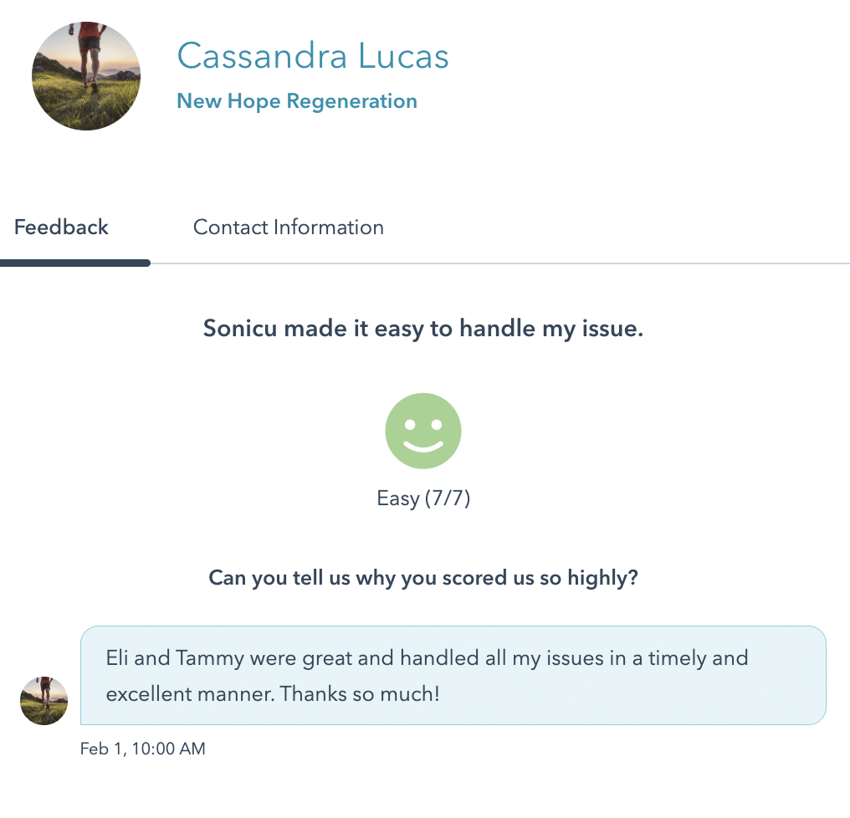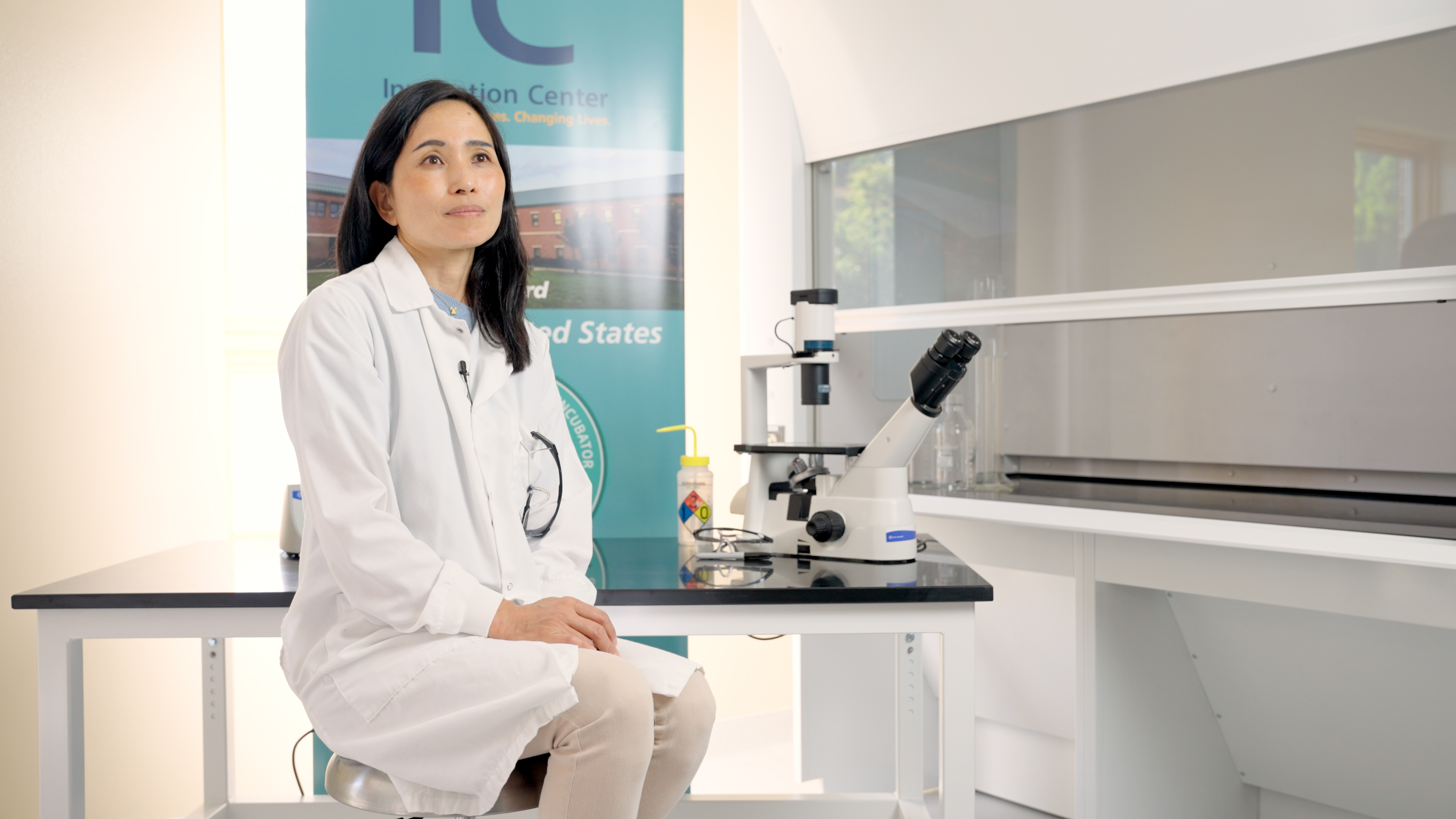Door Open Sensor Alarm
If you’re looking for a cloud-based door open sensor alarm for the integrity and security of both commercial and residential spaces to detect and respond to unauthorized or unexpected entries, you’ve arrived at the right place.

Let us help you evaluate your needs!
- Safety: Alerts via text, email, push notifications and phone calls to protect your precious assets
- Compliance: Automated compliance reports
- Efficiency: Reduced Manual Logging and time spent on reports
- Robust Redundancy: Battery Backup and DataSync for reliable data continuity
And what makes us different?
- Lifetime Warranty: Ongoing warranty included with monitoring subscription
- Unlimited Users: Scale across your entire organization
- Connectivity Flexibility: Wi-Fi, Cellular or Data Hub
- Phone call alarms: Alerts won't get ignored
- Mobile App: 500 Freezers in your pocket
- Facility monitoring: Simple to add water leak, door open, occupancy, and even IAQ monitoring
Engineered in Indiana with U.S.-based support.

Sonicu costs are considerably more reasonable than our historic system, as well as other competitors on the market. The equipment is robust but simple to learn and utilize.

Having safe and secure storage provides reassurance that any future family building efforts will be protected. Sonicu gave us the ability to more easily put our head on the pillows and sleep easier at night knowing we had invested in a strong monitoring system.”

See What Customers Say About Sonicu
Asset Protection. Compliance Automation. And Reduced Manual Processes.
Sonicu serves thousands of professionals at hundreds of organizations across North America by improving how they monitor and manage their most sensitive assets and environments.
Professionals from healthcare, life science, laboratory and cold chain facility management turn to Sonicu to help them improve the way they do business.
- Real-Time Monitoring: The sensors collect temperature data and transmit it wirelessly to Sonicloud - our cloud-based platform.
- Operational Efficiency: Virtually eliminate the need for tedious and costly manual logging
- Compliance Automation: Respond to virtually any regulatory audit or inspection in a few clicks with our reports section
- Asset Protection: Detect and respond to any temperature excursion that can threaten virtually anything perishable: food, drugs, vaccines, research, etc.

Unlocking Security: The Comprehensive Guide to Door Open Sensor Alarm Solutions
A door open sensor alarm, commonly referred to as a door contact sensor or door and window sensor, is a security device designed to detect when a door (or window) is opened or closed. These sensors play a vital role in the security infrastructure of both commercial and residential buildings.
A door open sensor alarm typically consists of two main components; a magnet and a reed switch. The magnet is first attached to the moving part of the door. The reed switch is then installed on the door frame close to the magnet. When the door is closed, the magnet's proximity causes the reed switch to close, completing the circuit). When the door is opened, the magnet moves away, causing the switch to open,breaking the circuit.
The basic principle is straightforward - when the door is closed, the circuit is complete, and when the door is opened, the circuit breaks. This change in state triggers the alarm system, which can then send alerts, sound an alarm, or integrate with other systems to take further actions.
The primary purpose of these sensors is to enhance security. They can detect unauthorized entry and can be connected to central alarm systems to notify building security or homeowners instantly. In commercial settings, they are often linked to security companies that are capable of monitoring multiple locations.
In commercial settings, door sensors can be integrated with building management systems to turn off lights, HVAC, or other utilities when rooms or areas are unoccupied.
In environments like retail shops, warehouses, or areas with restricted access, these sensors can help in ensuring that doors are closed after use, maintaining safety standards.
For residential buildings, door sensors can be part of a comprehensive smart home system. They can trigger actions like turning on lights when a door is opened or sending notifications to homeowners when they're away.
Knowing that your premises are monitored gives occupants and homeowners peace of mind. It’s an assurance that in the event of unauthorized access, there is a system in place to raise the alarm.
It's noteworthy to mention that door sensor technology has advanced considerably over the years. Modern sensors use wireless technology, eliminating the need for complex wiring. They can also be integrated with IoT devices and smartphone apps, allowing users to receive real-time notifications and even view which specific door was accessed.
The door open sensor alarm plays an indispensable role in the smooth functioning of both commercial and residential buildings, providing a blend of security, energy management, and convenience.
Founded in 2008 in Greenfield, Indiana, Sonicu began manufacturing noise monitors to protect vulnerable infants in neonatal intensive care units, and has evolved to monitor and protect a diverse set of sensitive conditions and environments, including door open and close status.
What are the key features of a door open sensor alarm?
A door open sensor alarm is a product of both mechanical design and electronic innovation.
- Two-part design
- As mentioned earlier, the sensor typically consists of two main components - a reed switch and a magnet.
- When these two are aligned, the circuit is complete, and when they are apart , the circuit breaks.
- The fundamental operation of the door sensor is based on the reed switch, a type of electrical switch operated by an applied magnetic field.
- Status indicator
- Many sensors come with visual indicators, often LEDs, that show whether a door or window is currently open or closed.
- Tamper detection
- Some advanced models have tamper switches that trigger the alarm if someone tries to remove or tamper with the sensor.
- Wireless connectivity
- Many modern door sensors are wireless, allowing for easier installation and integration with central security systems without the need for running wires throughout a property.
- Battery-powered
- Wireless door sensors typically operate on batteries, making them independent of the main power supply.
- This is essential for maintaining security even during power outages. Some units have low-battery indicators.
- Integration with home automation systems
- Modern sensors can be connected to smart home platforms, enabling integration with other devices, like smart lights, smart thermostats, and security cameras.
- Remote notifications
- With integration into mobile applications and smart systems, these sensors can send real-time notifications to users' smartphones or computers when a door is opened.
- Range and signal strength
- Especially in wireless models, the operational range (distance from the sensor to the main control panel or hub) is crucial.
- High-quality sensors have a stronger signal strength to function in larger homes or commercial spaces.
- Wireless communication protocols
- Mobile app integration
- Leveraging cloud technology and APIs, door sensors can be integrated with mobile applications to provide users with real-time data and notifications.
- Infrared technology
- While not common in basic door open sensors, some advanced sensors use passive infrared (PIR) to detect motion near the door, offering an added layer of security.
- Integration with IoT
- As part of the broader Internet of Things (IoT) ecosystem, these sensors can communicate and collaborate with a range of other devices to create a cohesive and responsive environment.
In essence, the door open sensor alarm is a blend of simple, time-tested technology, like the reed switch, and modern innovations in wireless communication, software, and battery design. This combination ensures both reliability and versatility in safeguarding properties.
Easy to install and configure and supported by live American-based phone support, Sonicu is the most affordable, intuitive, and trusted temperature and environmental monitoring solution nationwide.
What are the pain points that a door open sensor alarm effectively resolves?
Door open sensor alarms play a pivotal role in addressing several challenges faced in commercial and residential spaces.
For Commercial Spaces
Commercial spaces, such as offices, warehouses, or retail shops, are often targeted for theft or unauthorized access. A door sensor alarm serves as the first line of defense by alerting security personnel or the management immediately upon any unauthorized door opening.
Certain commercial spaces, especially those in the healthcare, financial, or R&D sectors may need to adhere to strict access control regulations. Door sensors help ensure compliance by monitoring and recording access events.
Commercial spaces can also waste significant amounts of energy when doors are left open, affecting HVAC efficiency. Sensors can be integrated with building management systems to regulate HVAC or lighting based on door status, leading to energy savings.
For spaces like warehouses or storage facilities, inventory loss can also be a major concern. Door sensors help in reducing this risk by ensuring all entry and exit points are monitored.
In spaces like data centers, physical security is as crucial as digital security. Unauthorized access can lead to data breaches. Door sensors provide an additional layer of physical security.
For Residential Spaces
The primary concern for most homeowners is unauthorized entry, which can lead to theft, vandalism, or personal harm. Door sensors alert homeowners immediately, either through a loud siren or a notification on their mobile device.
For homes with small children, elderly family members, or individuals with special needs, door sensors can also alert occupants if a potentially unsafe area, like a basement or a pool gate, is accessed.
Even when away, homeowners want to ensure their property remains secure. Door sensors, especially those integrated with mobile apps, provide real-time notifications, giving homeowners peace of mind.
Similar to commercial spaces, residential homes can also benefit from energy savings when door sensors are integrated with home automation systems. For instance, if a door is left open, the thermostat can be adjusted automatically.
In modern smart homes, residents often have a range of devices, from security cameras to smart lights. Door sensors can act as a trigger for other devices. For example, if a door is opened at night, the lights can automatically turn on.
Some insurance companies also offer reduced premiums for homes with security systems in place, including door sensors. This can lead to financial savings for homeowners.
Door open sensor alarms are not just about security; they play a multi-faceted role in addressing various challenges in both commercial and residential environments. From preventing unauthorized access and ensuring regulatory compliance to enhancing energy efficiency and providing peace of mind, these sensors have become an indispensable component of modern building management.
Professionals from countless industries across the United States turn to Sonicu to help them improve security and the way they do business.
What are the key benefits of a door open sensor alarm?
- The primary advantage is the enhanced security they provide, alerting users of any unauthorized or unexpected entry.
- Especially with wireless models, installation is often straightforward, requiring minimal tools and expertise.
- These sensors can be integrated with broader security or home automation systems, enhancing their utility. For instance, a door opening can trigger security cameras to start recording or lights to turn on.
- Many modern sensors can be connected to mobile applications, allowing homeowners or security personnel to monitor door status remotely.
- Basic door sensors are relatively inexpensive, making them accessible for a wide range of users.
- When integrated with smart home systems, these sensors can aid in energy management, like adjusting thermostats when doors are left open.
- These sensors are not limited to doors. They can be used on windows, cabinets, safes, or any other movable interface.
Sonicu Door Open Alarm Solutions: Redefining the Landscape of Door Security
The integrity and security of both commercial and residential spaces hinge largely on the capability to detect and respond to unauthorized or unexpected entries. As our deep dive into the realm of door open sensor alarms reveals, these devices are not just about security—they are about peace of mind, energy efficiency, integration, and adaptability. However, like any technology, it's crucial to choose a product that aligns with the demands of the space it protects and one that overcomes the typical limitations.
With Sonicu's advanced range of door open sensor alarm solutions, the future of secure spaces isn't just a possibility—it's a guarantee. Each sensor is a testament to quality, innovation, and reliability, ensuring that you're not just investing in a device, but in assurance, efficiency, and peace of mind.
Elevate your security game. Experience the Sonicu difference. Discover and invest in Sonicu's cutting-edge door open sensor alarms today.
American-based Customer Support: Robust & Reliable High Touch Service
Software and technology is only as good as the people who stand behind it.
At Sonicu, that means our team of American-based customer success managers who are never more than a phone call away to help field and fix any service issues.
Our probes and sensors are placed in demanding frozen environments and our software literally sends billions bits of data monthly, meaning there’s always the potential for a hiccup on either the hardware or software.
We are committed to fielding every customer service request promptly and addressing our customer’s concerns promptly and professionally.

 “I like to say that every refrigerator or freezer is like a car in that they all behave a bit differently,
“I like to say that every refrigerator or freezer is like a car in that they all behave a bit differently,
and then every now and then you just get a bad boy who doesn’t want to perform as we need it to,”
Martha Rardin, Director, Nutrition and Dietetics, Hendricks Regional Hospital.
 “Sonicu has been a powerful tool to identify which units are behaving out of spec and get our team
“Sonicu has been a powerful tool to identify which units are behaving out of spec and get our team
to fix them before we have a serious issue.”
Tim Livesay, Director, Hancock Regional Hospital Pharmacy Director








Cost competitiveness, great customer service, great control over the monitoring system, and low maintenance. You can't beat that.